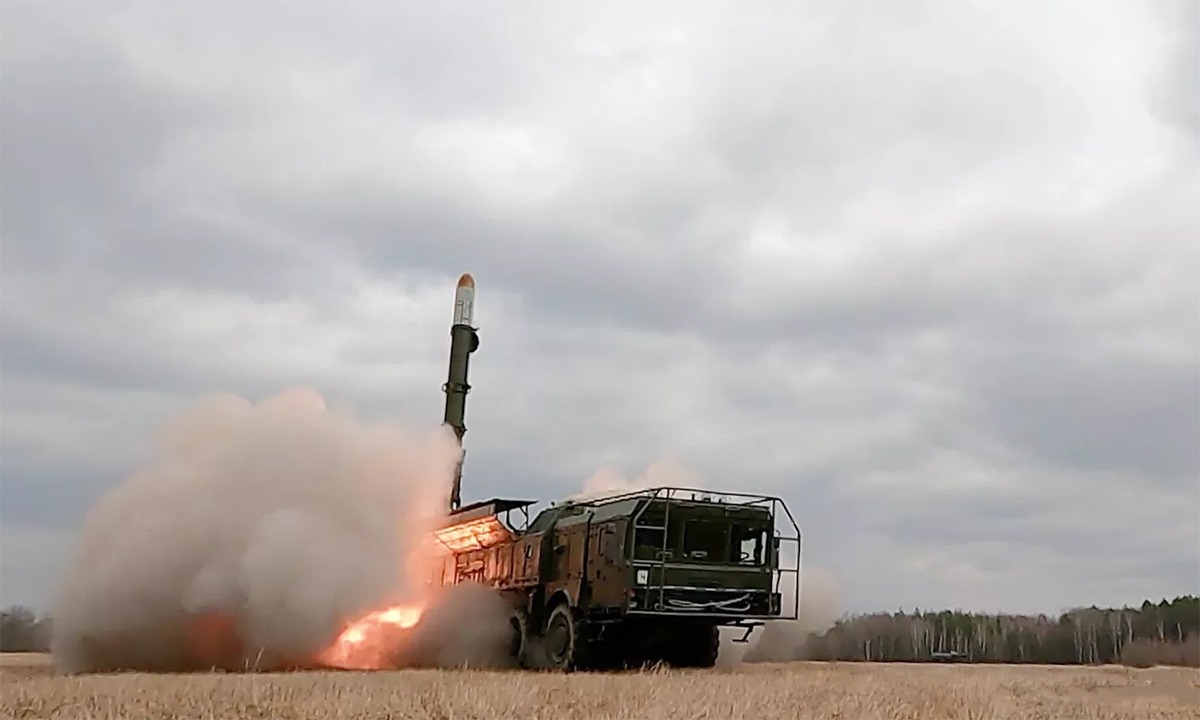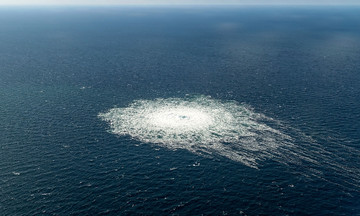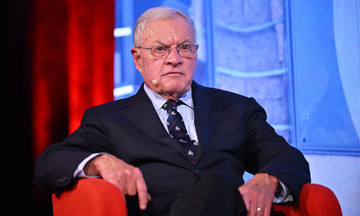"Due to our warnings being ignored, and American-made intermediate and long-range missiles continuing to be deployed in Europe and the Asia-Pacific region, Russia is compelled to declare that the conditions are no longer suitable to maintain the unilateral moratorium on deploying similar weapons," the Russian Foreign Ministry announced on 4/8/2025.
The Intermediate-Range Nuclear Forces (INF) Treaty was signed by the US and the Soviet Union in 1987, marking the first time the superpowers agreed to reduce their nuclear arsenals. The treaty prohibited both sides from developing all types of ground-launched cruise and ballistic missiles with ranges of 500-5,500 km. After the collapse of the Soviet Union, Russia inherited the INF Treaty.
The Trump administration decided to withdraw from the INF Treaty in 2019 after accusing Russia of developing the 9M729 missile with a range of nearly 5,000 km. Moscow denied the accusation, asserting the missile's range is 480 km, and criticized Washington for not complying with the treaty by placing Aegis Ashore systems capable of launching Tomahawk cruise missiles with a range of 2,500 km in Europe.
Russia then imposed a unilateral self-restraint, declaring it would not produce or deploy missiles banned under the INF Treaty as long as the US did not deploy such missiles to regions around the world.
However, Washington has repeatedly tested ground-launched intermediate-range missiles capable of carrying nuclear warheads, weapons prohibited under the INF. In 4/2024, US officials brought the Typhon system, capable of launching Tomahawk cruise missiles and SM-6 air defense missiles, to the Philippines for joint military exercises.
 |
A Russian Iskander-K cruise missile leaves its launcher in 3/2022. Photo: Russian Ministry of Defense |
A Russian Iskander-K cruise missile leaves its launcher in 3/2022. Photo: Russian Ministry of Defense
In the Russian Foreign Ministry's statement on 4/8/2025, Moscow said that since 2023 it has observed numerous US systems, listed as prohibited under the INF, being brought to Europe and the Asia-Pacific region for exercises oriented against Russia.
Moscow believes that these Western actions are threatening stability in regions bordering Russia, directly impacting its national security.
"Response measures will be decided by the Russian leadership, based on an interdisciplinary analysis of the overall development of international security and strategic stability," the Russian Foreign Ministry warned.
Deputy Chairman of the Russian Security Council, Dmitry Medvedev, said this was a consequence related to the anti-Russian policies of NATO countries. "Wait for the next steps," Medvedev wrote on X, without elaborating.
US officials have not yet commented on the information.
Nhu Tam (TASS, Reuters)












